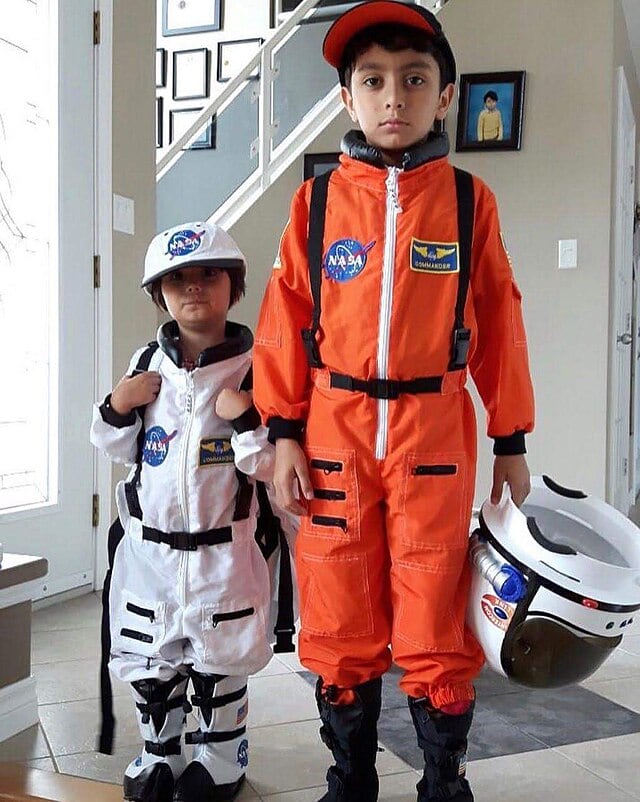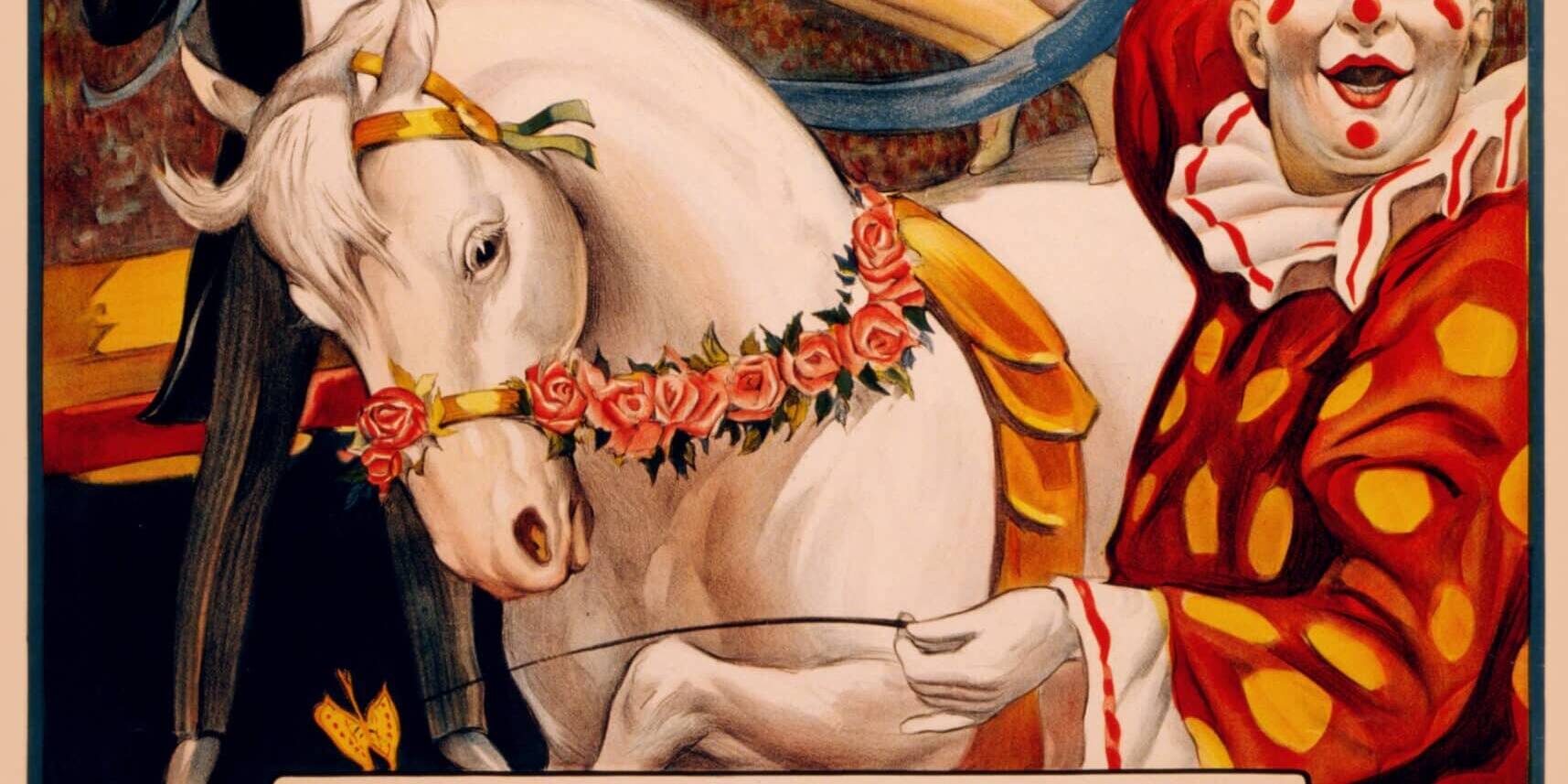Parents usually think they’re the ones who give, and kids are the ones who receive. And it’s only fair to give credit where credit is due: Parents do a lot for their children. They provide a home, food, care, and education for their children, creating a safe and supportive environment.
While children may not be able to repay everything their parents do for them, their presence contributes to the family in meaningful ways. It’s not just a one-way street. In fact, without children, the specific role and identity of being a parent wouldn’t exist, a role that comes with a certain social status, authority, and a sense of purpose, accomplishment and significance. Parents assume a crucial position in shaping the next generation. So, it’s not just about parents giving and children taking.
If parents made a conscious effort to treat their children as equals and fellow human beings, the approach would shift the traditional parent-child dynamic
Children bring new perspectives, curiosity, and spontaneity to the family dynamic. Their openness to the world can encourage parents to re-evaluate their maybe established, rigid perspectives, allowing for personal growth and flow as the parents learn to approach life in a more flexible and open-minded way.

Image header: NikmaramEmma, CC-BY-SA-4.0
If parents made a conscious effort to treat their children as equals and fellow human beings, the approach would shift the traditional parent-child dynamic away from a hierarchical structure toward a more collaborative and respectful relationship, benefiting the child’s self-esteem and the family harmony.
In short, by treating children with respect as fellow human beings, parents nurture a relationship based on equality, understanding, and support, improving the well-being and growth of both parents and children.
Yours,
cue [kjuː] & ljs [eldʒeɪˈes]
Image header: simpleinsomnia, CC BY 2.0
You may also like
One trick pony – part 2
Authenticity requires us to confront and accept the…
The greatest challenge for humanity’s survival – part 1
Everything in nature strives for balance, an equilibrium.…
It’s not “either-or” but “and”
At the age of six, my family moved from Indonesia to the…




